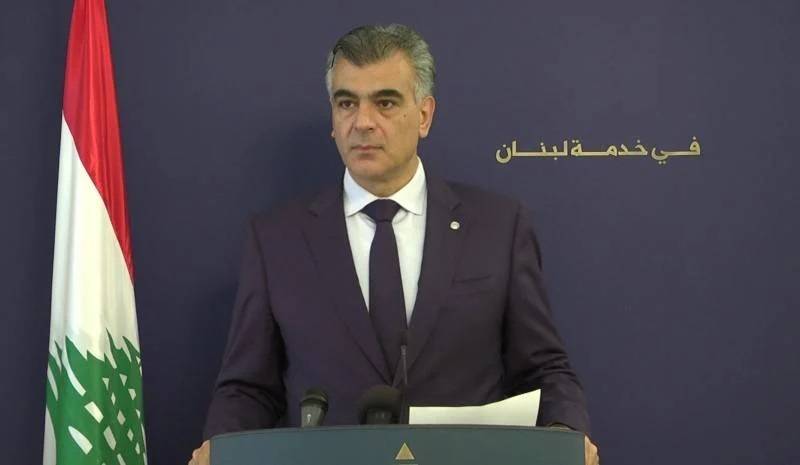
Kataeb MP Salim Sayegh. (Credit: kataeb.org)
On Tuesday, Kataeb MP Salim Sayegh proposed the formation of a parliamentary committee of inquiry into the announcement of a second airport terminal. On March 20, caretaker Minister of Public Works and Transport Ali Hamiyeh announced plans to construct a second terminal at Beirut's airport. The terminal, which would be complete by March 2027, could accommodate up to 3.5 million passengers per year.
Following Article 139 of the Parliament's rules of procedure, Sayegh asked house speaker Nabih Berri to process his request during the first session of the General Assembly.
"Investigative reports in Lebanon have addressed the issue of 'awarding' the construction of the new building at the Rafik Hariri International Airport, and revelations have been made based on data, which have brought our attention, as MPs, to this issue," Sayegh said during a press conference.
Sayegh criticized the Minister of Transport without directly naming him.
"We believe that this case should be subject to a judicial inquiry and MPs must play their role, even if the official has backtracked on his mistake. This does not negate the criminal intent at the base, because he committed this in a calculated manner..." the Kataeb MP said.
Sayegh also called for "all administrative and other bodies to communicate directly with the MPs so they can play their oversight role."
"We are presenting today a proposal for the establishment of a parliamentary committee of inquiry because respecting the law and the control bodies is a duty. We will monitor any use of the Public Procurement Authority," Sayegh added.
Beirut's airport currently has one terminal, which was built in 1998. The single terminal can accommodate 6 million passengers per year, a capacity that has been exceeded repeatedly since 2013 according to airport figures.
On March 20 at the Grand Serail, the caretaker Minister of Transport, in the presence of caretaker Prime Minister Najib Mikati and Irish Minister of State James Browne, announced a project to build a new terminal that would cost an estimated $122 million.
The project's hefty price and the fact that it was not passed by the Lebanese authorities as required by law, roused the criticism of some political parties and the public.